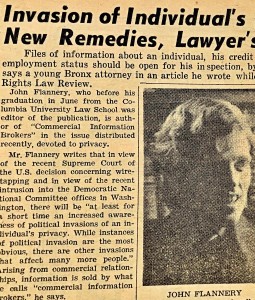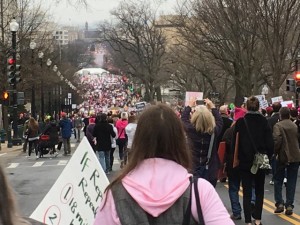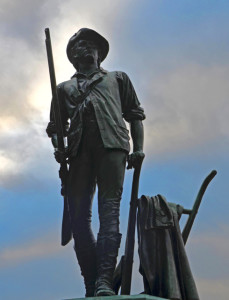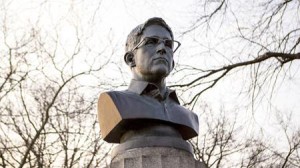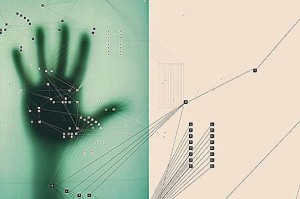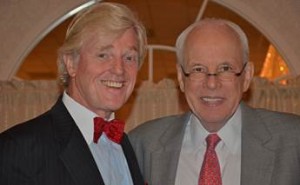There was a time when a diary that you wrote in long hand, in India ink, kept confidential in a false drawer in your worn mahogany desk, was private, and safe from the prying eyes of anyone including our government – as a matter of law.
Not so anymore.
I advise my clients these days to destroy their mental notes.
From the vantage of a criminal defense lawyer (and “recovering” federal and state prosecutor), I’ve seen the most craven governmental intrusions into individual privacy – shocking to any Accused person who never before had to endure the unwanted embrace of a criminal prosecution.
Here in Loudoun County, if you’re arrested and denied bail, when you are jailed in Loudoun’s Adult Detention Center (ADC), don’t make the mistake of talking about your case on the jail house phone with your wife (or anyone else), because everything you say is taped – and they’ll use it against you.
We have an “expectation” of what is private, predicated upon our 4th Amendment right to be secure in our person and property, and the penumbra of other constitutional rights. This is what must be protected.
Who would expect it was right and just to intercept a family conversation when the Accused has no other way to talk to his family?
We believe we get to control what information is circulated about ourselves – in or out of jail.
But practice and the law is more complicated than what we might fairly expect and what common sense dictates.
When I was a puppy law student, I was concerned with privacy, so much so that I wrote about it for our journal, the Columbia Human Rights Law Review.
Our technology was relatively primitive in the 70’s. Indeed, I wrote how intrusions into a person’s privacy might not have been possible “if the information was manually handled and manually disseminated.” Continue reading

